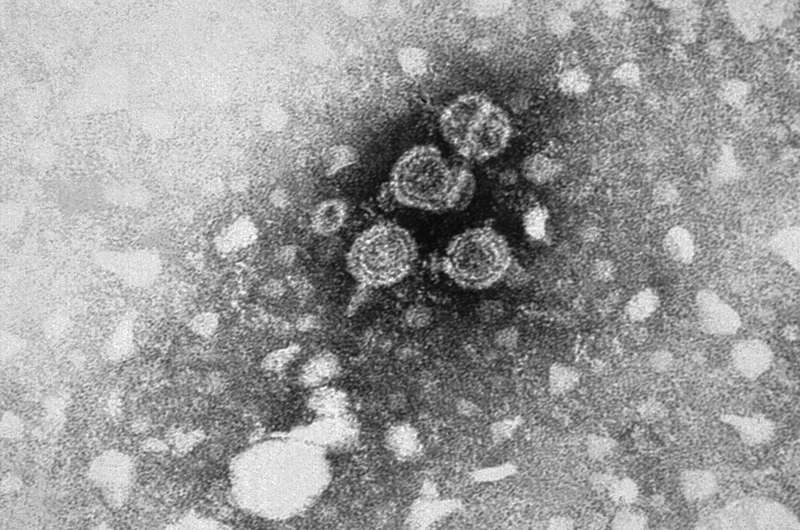Radiation Therapy Shows Promise in Overcoming Immunotherapy Resistance in Certain Cancers

New research reveals that radiation therapy can activate the immune system to overcome resistance in certain cancers, improving outcomes when combined with immunotherapy.
Recent research highlights the potential of radiation therapy to enhance the effectiveness of immunotherapy in treating some resistant forms of cancer. Researchers from Johns Hopkins University School of Medicine, in collaboration with the Netherlands Cancer Institute, have found that radiation can activate the immune system to combat tumors that typically do not respond to immunotherapy. This discovery was published in Nature Cancer and focuses on non-small cell lung cancer.
The study involved analyzing the molecular biology of tumors before and after treatment with radiation combined with immunotherapy. The findings demonstrate that radiation can induce a systemic immune response, even in tumors classified as immunologically 'cold' — those with low mutation burden, lacking PD-L1 expression, and involving mutations in pathways like Wnt. After treatment, these tumors showed significant immune activation, including expansion of T cells, suggesting a 'warming up' of the tumor microenvironment.
This immune activation correlates with improved clinical outcomes, indicating potential for using radiation therapy to overcome primary or acquired resistance to immunotherapy. Dr. Valsamo "Elsa" Anagnostou, senior author, emphasized radiation's role in bypassing resistance mechanisms, especially in lung cancers deemed unlikely to respond.
The study also explored the molecular mechanisms behind the abscopal effect — where localized radiation leads to tumor reduction at distant sites through immune system activation. By examining blood and tumor samples from patients undergoing combined therapy or immunotherapy alone, scientists identified specific immune responses associated with better survival. Notably, those with initially 'cold' tumors that 'warmed up' due to radiation exhibited improved outcomes.
Further, the team confirmed that the T cells expanding in patients recognized mutation-specific neoantigens, affirming that the immune response was targeted and effective. Tracking patient outcomes revealed that this combination approach could translate into meaningful benefits in clinical settings.
This research underscores the importance of interdisciplinary collaboration in advancing cancer treatments and opens new avenues for improving immunotherapy response rates in resistant tumors. It also paves the way for incorporating molecular insights into personalized treatment strategies, potentially transforming cancer care.
For more information, see the original study published in Nature Cancer: doi.org/10.1038/s43018-025-01018-w. Source: https://medicalxpress.com/news/2025-07-therapy-immunotherapy-resistance-cancers.html
Stay Updated with Mia's Feed
Get the latest health & wellness insights delivered straight to your inbox.
Related Articles
Research Indicates Shorter Blood Thinner Duration Post-Myocardial Infarction May Be as Effective as Longer Treatment
New research from the ESC Congress 2025 suggests that a three-month course of dual antiplatelet therapy may be as effective as traditional longer treatment for myocardial infarction patients, with potential safety benefits.
Climate Change Extends Pollen Seasons and Worsens Allergies
Climate change is prolonging pollen seasons and increasing allergy symptoms globally, affecting millions and raising health concerns. Learn about the latest research and adaptive strategies.
First Clinical Trial Launches for Therapeutic Hepatitis B Vaccine
A groundbreaking therapeutic vaccine for chronic hepatitis B has entered human clinical trials, promising a potential new treatment to cure the disease and improve global health outcomes. Developed by researchers at the Technical University Munich, TherVacB aims to activate the immune system and target multiple strains of the virus.
Essential Protein Balance Identified to Accelerate Pancreatitis Recovery
New research uncovers how balancing IL-22 and IL-22BP proteins is crucial for effective healing and preventing chronic complications in pancreatitis patients.



